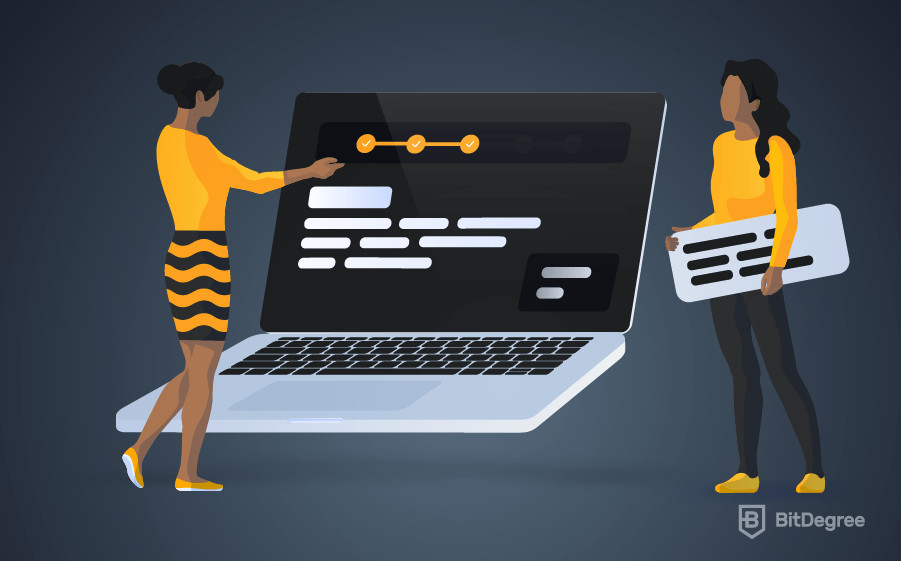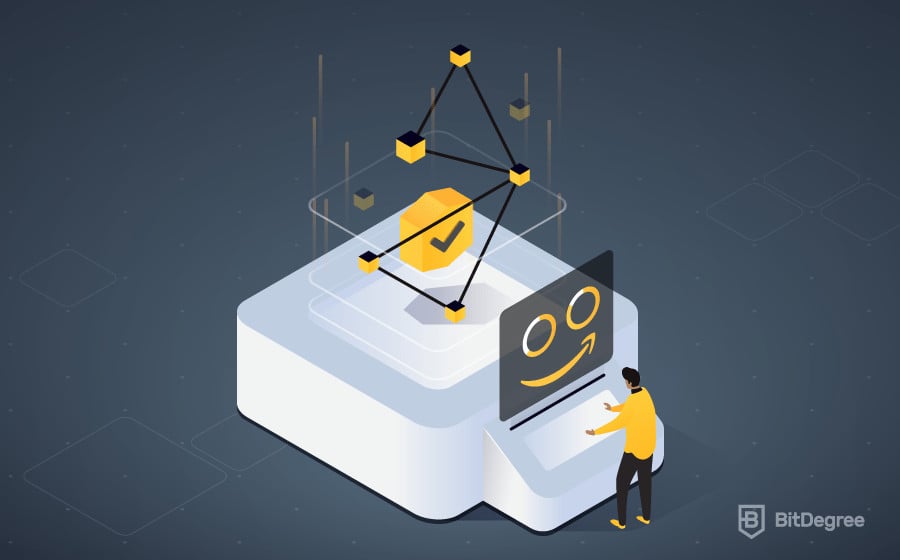How difficult (or easy) is it to learn using AWS?
There are no specific time frames for becoming an expert in cloud computing. AWS training can take as little as a few weeks up to a few months and more. Of course, those are only rough estimates, and it depends on a variety of factors. Nevertheless, this short overview will give you an idea of how it usually works.
1. It depends on which level of AWS expertise you want to reach.
It is all about your aspirations. For instance, becoming entry-level can take between 1 to 6 months, whereas reaching mid-level requires around 6 to 12 months of your time and dedication. However, if you want to become a real pro in AWS, studying and working on it may take even 1 to 3 years of your life! So you have to decide whether a basic understanding of the cloud is enough for you, or you want to have a more in-depth knowledge of the multiple services that AWS offers.
2. It has to do with your prior experience.
Life is always easier when working on something you’re familiar with than starting from scratch. AWS is no exception. Suppose you already have some background in similar technologies, for example, systems administration or other hosting and cloud services. In that case, you will find it at least a little easier to learn AWS too.
3. It’s all about structuring your AWS learning process.
Another crucial aspect of your AWS journey is how you structure your learning. Studying AWS, as breaking into any other new field, may seem intimidating at first. However, if you know what kind of materials to use and manage your time correctly, you will be more than fine. Many beginners choose AWS Certification programs to organize their learning better. Since most courses follow a tiered structure, they facilitate the process. There are a series of AWS certifications, which you may or may not want to take and pay for, so make sure you do your research before choosing the learning path. If you need some guidance on it, feel free to read our article on selecting the proper cloud certification to kickstart your career, as well as the best AWS training tips.
4. Support makes it all easier.
Having a support network is always a great idea. Studying with other people does speed up your learning process too. Find some friends who want to learn AWS, join a group or forum on social media and any other community interested in cloud computing. Share your insights, ask questions and get to know more about AWS with others. This way, you can motivate and encourage both your peers and yourself.
Now that you are well aware of the main challenges that AWS training poses and how to deal with them, let us go ahead and understand the role of coding in the cloud computing world.
Is coding required for AWS training?
It is more of a myth than the reality that learning and using AWS necessarily requires coding. Of course, having a basic understanding of it is helpful if you’re working in any area of the tech industry. However, in the case of AWS, it all depends on the field that you would like to develop your career in. So let us have a look at the main AWS career paths. Does every one of them ask for coding skills?
1. SysOps Administrator
No, system administrators do not need a background in coding, even though some basic knowledge about it wouldn’t hurt. They are responsible for deploying, managing, and operating systems on the AWS platform. They also maintain and manage the company’s AWS infrastructure, optimize the organization’s costs and manage the bills.
2. Developer and DevOps Engineer
This one is a big yes. Even if the nature of those roles slightly differs, they both require excellent coding skills. While developers are in charge of setting up, maintaining, and evolving the cloud infrastructure of web applications, the DevOps engineer role includes the aspects of both development and operations.
3. Solutions Architect
As for solutions architects (or SAs), it’s once again a no. SAS shouldn’t bother themselves with learning coding since it’s not directly related to their job. The primary responsibility of theirs is managing the company’s cloud computing architecture. This role requires process as well as people skills.
It is evident that to build a career in AWS, you do not need to be a coder - it is only required for development-related positions. Individuals from any background can grasp what cloud computing is about and successfully work in the field only if they put enough effort, time, and discipline into their studying and practicing.
Drawing the conclusions & getting started with AWS
Even though it is still quite common to believe that AWS careers are highly technical and require good coding skills, the legend is now debunked.
There is no right or wrong answer regarding the difficulty of learning AWS either since it varies from person to person. It is all about the level of expertise you desire to reach, your previous experience, how well you organize your training, and how much support you get from like-minded people.
Besides, even if coding fundamentals are valuable and beneficial, it is not needed in all AWS careers. For instance, if you become a developer or DevOps engineer, you certainly need to know how to code. However, if you choose to be a system administrator or a solutions architect, it is far from being a necessity.
Finally, the most critical question that may pop up in your mind right now is - how does one get started with AWS and find some good resources on it?
As mentioned above, learning AWS is all about persistence, discipline, and structure. BitDegree Academy can definitely help you with the latter. It offers a high-quality, well-structured AWS course made by industry experts. In addition, it will provide you with the most up-to-date content, hands-on tasks and help prepare you for the AWS certification exam if needed. So no matter your background, experience, or technical skills, you can make your first steps toward a rewarding AWS career today!











